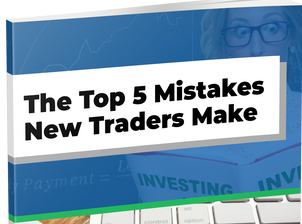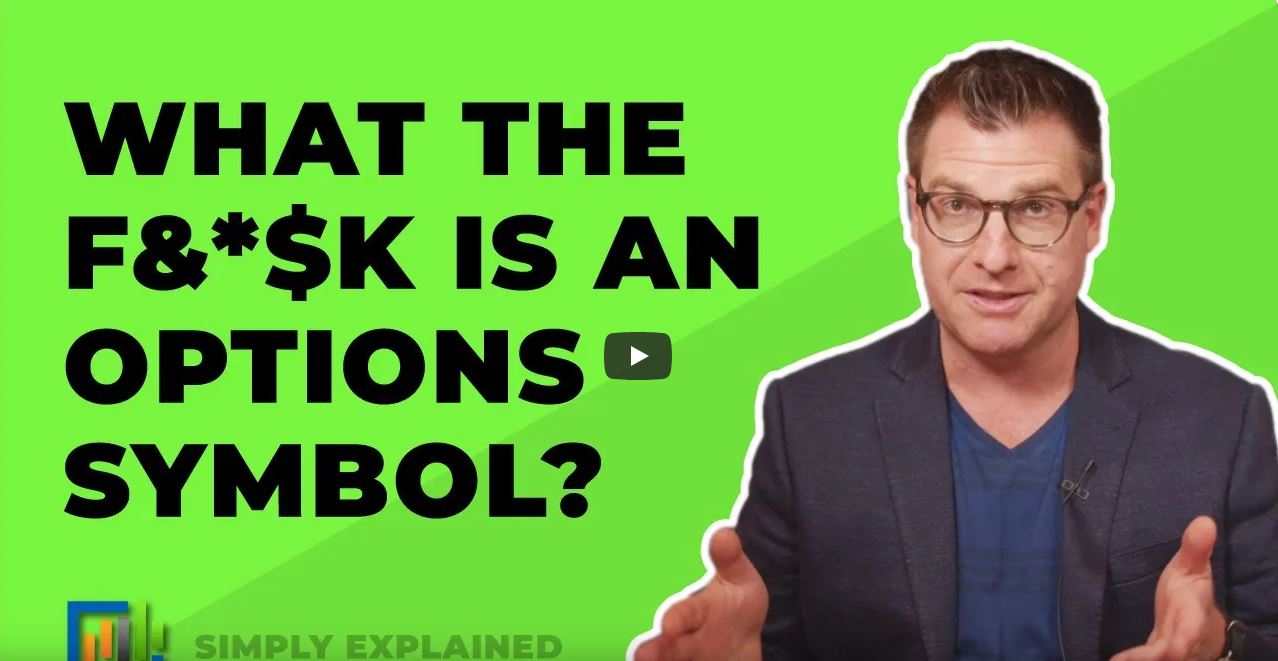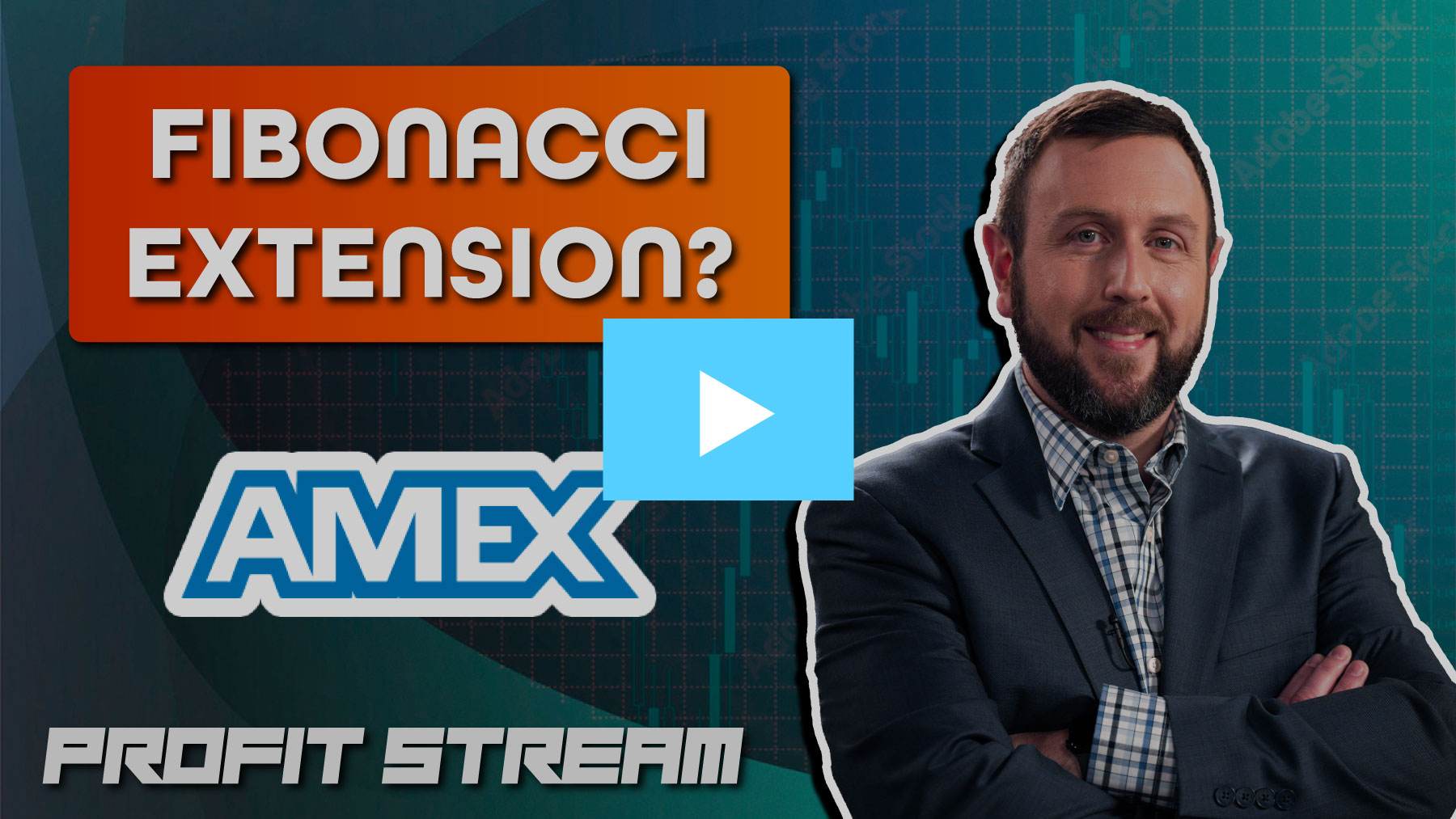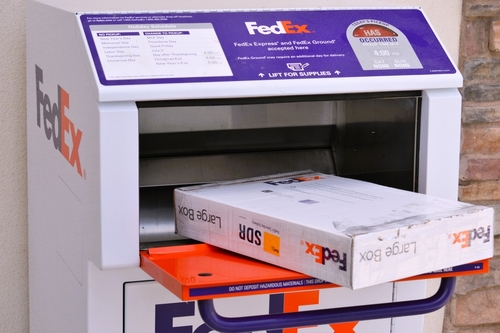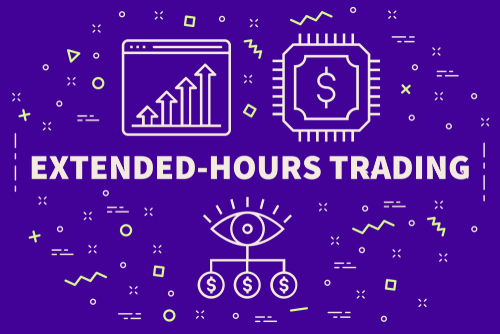Your Secret Edge Over Wall Street’s Hedge Funds
Quantitative trading has taken over Wall Street.
The biggest and most liquid financial markets in the world are now traded mostly by computers with little, if any, human intervention.
As the CEO of London-based hedge fund Man Group put it, “Trading has gone from being people hollering down phones… to computers doing things with other computers.”
Quantitative trading uses complex computer models to make trading decisions. It bases these decisions on extrapolations of patterns in historical data.
The shift toward trading by computers was made possible by two megatrends.
First, there was the explosion of computing power.
Today, your smartphone is millions of times more powerful than the guidance computers that sent a man to the moon aboard Apollo 11 in 1969.
Second, a small army of “quants” – quantitative analysts – migrated from the hallowed halls of academia to the trading desks of Wall Street.
Over the past decade, quantitative strategies have become widespread across both hedge funds and traditional asset managers.
So what does this trend have to do with the small investor?
As it turns out, the explosion of quant trading gives you an edge over some of the world’s top quant funds.
You are in a far better position to generate big returns using the very same quant strategies that some of the hedge fund industry giants use.
Let me explain…
Quant Funds in the Coronavirus Crash Era
No market environment has tested the mettle of quant funds more than the coronavirus crash.
A handful have come through with flying colors.
Man Group’s AHL Diversified fund posted some of its most robust performances in years.
In the first quarter of 2020, the AHL fund gained almost 11%.
Société Générale’s index of trend-following funds gained 1.8% last month. This contrasts with a 12.5% loss in the S&P 500.
What was the secret to the quants’ success?
Their algorithms told them to cut back long positions in stocks. They profited from bets against the oil price. They bet on bonds, which surged during the sell-off.
The Small Investor’s Secret Edge
For all their sophistication, quant funds have an Achilles heel.
If big banks are “too big to fail,” big quant funds are “too big to succeed.”
All quant funds use computers to make investment decisions.
But it turns out you can trade most quant systems far more profitably in small accounts.
Here’s why small beats big, every time.
First, small investors are far better at reacting to black swans – unpredictable and game-changing events.
Not even an army of rocket scientists could predict the future. But as a small investor, you are far nimbler when the inevitable black swans arrive.
You can take all your bets off the table when you need to. In contrast, clients want quant funds to be fully invested to justify the high fees.
Second, small investors are far more liquid than large quant funds.
When someone yells “Fire!” in the global financial market theater, too many quant funds head for the exit doors at once. As a small investor, you can exit positions with a few clicks of a mouse.
Third, small investors are much less likely to blow up.
Quant funds run into trouble because they usually invest with borrowed money. Long-Term Capital Management – the infamous hedge fund that blew up in 1998 – was leveraged 250 times.
As a retail investor, you couldn’t borrow that kind of money.
At the same time, you have one other great advantage: You can play the options market. Because of its small size, the options market is off-limits to big quant hedge funds.
And that gives you the kind of potential upside the big quant funds can only dream about.
The bottom line?
As a small investor, you are more robust, more liquid and potentially far more profitable than the biggest quant hedge funds.
Good investing,
Nicholas









